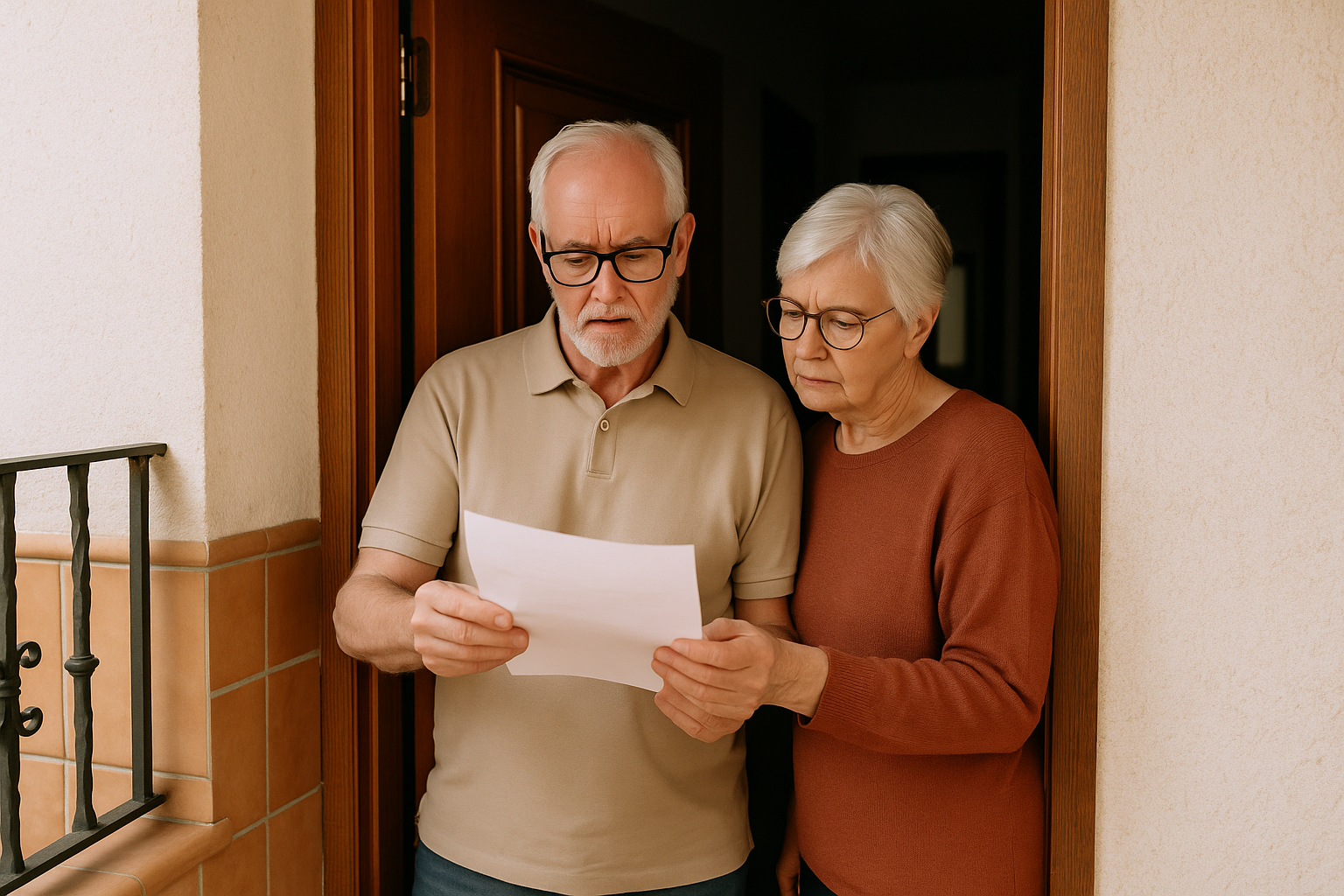PROPERTY owners across Spain can legally refuse to pay controversial community levies after the Supreme Court ruled in favour of residents who had fought a decades-long battle against contributing to building improvements they never wanted.
The case centres on a familiar scenario for anyone living in Spanish apartment blocks – the dreaded derrama that lands on doorsteps demanding hundreds or thousands of euros for lift installations, roof repairs or swimming pool upgrades.
Back in 1994, residents in one community voted on installing a lift, with the majority supporting the project.
But crucially, they struck a deal that only supporters would foot the bill, letting objectors off the hook completely.
Fast forward to 2018, and the same community tried to tear up that agreement, demanding all residents – including the original dissenters – start paying community expenses.
Many property owners suddenly faced hefty backdated bills they thought they’d legally avoided.
Spain’s Supreme Court has now ruled that the original 1994 pact remains binding, declaring the community’s attempt to change the rules ‘null and void’ because it lacked unanimous agreement from all property owners.
The decision provides crucial clarity on Spain’s complex community laws.
Property owners who have existing exemption agreements cannot be forced to pay if communities try to override historical arrangements without full consent.
The ruling could trigger similar cases across Spain, where thousands of properties are governed by community rules and informal agreements dating back years may now carry the full weight of Spanish law.
However, there’s a catch – property owners must have documentary evidence of any prior exemption agreement.
Verbal promises or informal arrangements may not stand up in court.
Community administrators are now reviewing historical agreements before imposing new levies, with legal experts warning that ignoring existing exemptions could land communities in expensive court battles.
Property owners who find themselves in dispute over community fees should check old community meeting minutes and voting records.
If they voted against improvements and secured an exemption agreement, they may be legally protected from paying – even decades later.
For communities planning major works, the ruling means any exemption deals must have unanimous approval from all owners to be changed later.
Click here to read more Property News from The Olive Press.








